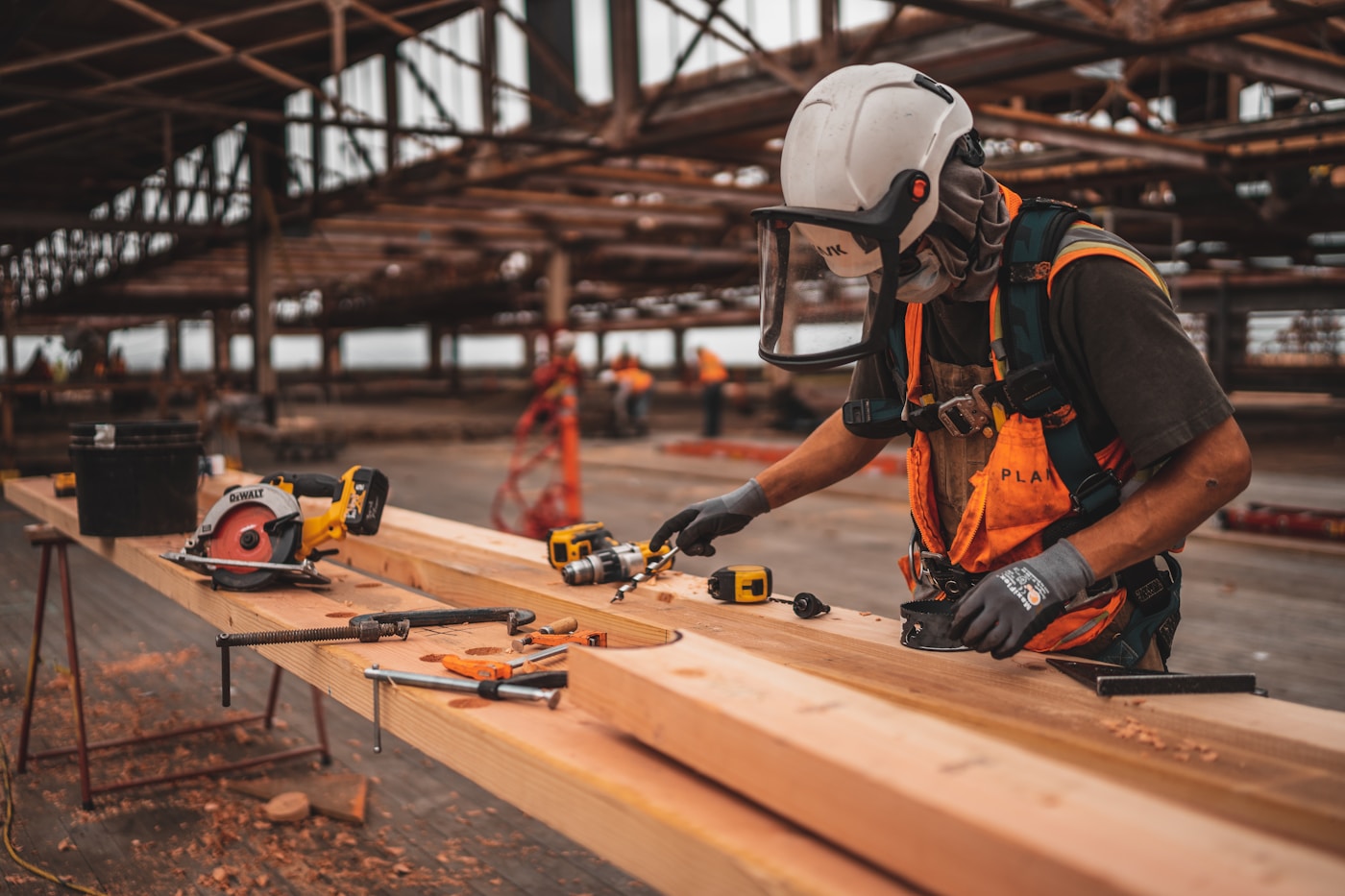
Demystifying Home Painting Costs: How to Use a Painting Cost Calculator to Budget for your Next Project
Whether you're a homeowner or a professional contractor, a painting cost calculator can help you estimate the total cost of your project with accuracy and ease. By taking into account factors such as the size of the area to be painted, the type of paint you'll need, and the labor required, these calculators provide you with a detailed breakdown of the expenses involved.
Not only does a painting cost calculator help you create a realistic budget, but it also allows you to compare prices, explore different paint options, and make informed decisions about your project. Say goodbye to guesswork and hello to certainty when it comes to budgeting for your next home painting endeavor. Discover how to use a painting cost calculator and take the first step towards achieving the home of your dreams. Understanding home painting costs
Home painting costs can vary greatly depending on several factors. Some of the main factors that can affect the cost include the size of the area to be painted, the type of paint you'll need, the condition of the walls, the level of detail required, and the labor fees. Understanding these factors is crucial when it comes to budgeting for your painting project.
It's also important to note that the cost of paint can vary greatly depending on the brand and quality. Cheaper paints may not provide the coverage or durability you need, while more expensive paints may be overkill for your project. It's essential to find the right balance between quality and cost when selecting your paint.
Another factor to consider is the type of finish you want for your walls. Glossy finishes tend to be more expensive than matte or eggshell finishes. However, glossy finishes are also more durable and easier to clean. It's important to weigh the pros and cons of each finish and choose the one that best suits your needs and budget. Factors that affect home painting costs
As mentioned earlier, several factors can affect the cost of your home painting project. Here's a closer look at some of the most significant ones:
### Size of the area to be painted
The size of the area to be painted is one of the most critical factors that can impact the cost of your project. The larger the area, the more paint and labor will be required. Make sure to measure the area accurately to get an estimate of how much paint you'll need.
### Type of paint
The type of paint you choose can also affect the cost of your project. There are several types of paint available, including oil-based and water-based paints. Oil-based paints tend to be more expensive than water-based paints but are more durable and provide better coverage.
### Condition of the walls
If your walls are damaged or in poor condition, they may require additional preparation before painting. This can include filling in cracks and holes or removing old paint. The cost of these additional services should be factored into your budget.
### Level of detail
If you're looking for a high level of detail, such as intricate designs or patterns, this can increase the cost of your project. More complicated designs require more time and skill, which can drive up the labor fees.
### Labor fees
Labor fees are a significant factor when it comes to budgeting for a painting project. The cost of labor can vary depending on the experience and skill level of the painter, as well as the location of the project. Make sure to get quotes from several painters to compare prices and find the best deal. The importance of budgeting for a painting project
Budgeting for your painting project is essential to avoid any financial surprises along the way. Without a budget, you may end up overspending or not allocating enough funds for the necessary materials and labor. A well-planned budget can also help you make informed decisions about the type of paint and finish you want for your walls.
By using a painting cost calculator, you can create a realistic budget based on the factors discussed earlier. This can help you stay on track and avoid any unexpected expenses. A budget can also give you peace of mind knowing that you have the necessary funds to complete your project.
A painting cost calculator is a tool that helps you estimate the total cost of your painting project. By inputting the necessary information, such as the size of the area to be painted and the type of paint you'll need, the calculator provides you with an accurate breakdown of the expenses involved.
Painting cost calculators are available online and can be used by homeowners and professional contractors alike. These calculators are easy to use and provide you with a detailed estimate of the costs involved in your project. How to use a painting cost calculator
Using a painting cost calculator is simple and straightforward. Here's a step-by-step guide to using one:
1. Determine the size of the area to be painted. Measure the length and width of each wall and multiply them to get the total square footage.
2. Choose the type of paint you want to use. This can include the brand, quality, and finish.
3. Input the square footage into the painting cost calculator. The calculator will then estimate the amount of paint you'll need.
4. Input the cost of the paint per gallon. This can be found on the paint can or by contacting the manufacturer.
5. Input the labor fees. This can vary depending on the experience and skill level of the painter, as well as the location of the project.
6. The painting cost calculator will then provide you with a detailed breakdown of the expenses involved in your project. Tips for accurate budgeting using a painting cost calculator
While painting cost calculators are a great tool for estimating the cost of your project, there are some tips you can follow to ensure accurate budgeting:
1. Be as precise as possible when measuring the area to be painted. This will ensure that you get an accurate estimate of the amount of paint you'll need.
2. Research the cost of labor in your area to get an accurate estimate of the labor fees involved.
3. Take into account any additional services that may be required, such as wall preparation or the removal of old paint.
4. Consider the quality of the paint you choose. Cheaper paints may require more coats, which can increase the cost of your project. Additional considerations for budgeting a painting project
In addition to using a painting cost calculator, there are some additional considerations to keep in mind when budgeting for your painting project:
1. Don't forget to factor in the cost of supplies, such as brushes, rollers, and drop cloths.
2. Consider the time of year when planning your project. Prices for labor and materials may vary depending on the season.
3. Factor in any unexpected expenses that may arise, such as damage to walls or additional repairs. Conclusion: Making informed decisions with a painting cost calculator
Budgeting for a painting project can be a daunting task, but with the help of a painting cost calculator, it can be made much easier. By taking into account the factors discussed earlier and using a painting cost calculator, you can create a realistic budget and avoid any unexpected expenses.
When using a painting cost calculator, make sure to be as precise as possible and take into account any additional services or unexpected expenses. By comparing estimates from different calculators, you can find the best deal and ensure that you stay within your budget.
Say goodbye to guesswork and hello to certainty when it comes to budgeting for your next home painting endeavor. Use a painting cost calculator, and take the first step towards achieving the home of your dreams.
QuotingCentral Is For
Brickies

Chippies

Electricians

Plumbers

Builders

Cleaners

Roofers

Painters

HVAC

All other Trades


How to avoid budgeting errors & stay on budget in
construction jobs
Tradespeople must work within a budget and monitor the scope
of projects. Budgeting is the most important of these three.
 QC
5 min read
QC
5 min read
 QC
QC

Giving Accurate Quotes Using Quoting & Estimating Software
A good estimate of the project's scale will help to preserve
your profit margins while increasing your cost savings.
 QC
5 min read
QC
5 min read
 QC
QC

Tips to decrease construction costs and save more money
Learn how to reduce your construction costs. There are many
ways to increase your profits in your construction business..
 QC
5 min read
QC
5 min read
 QC
QC

